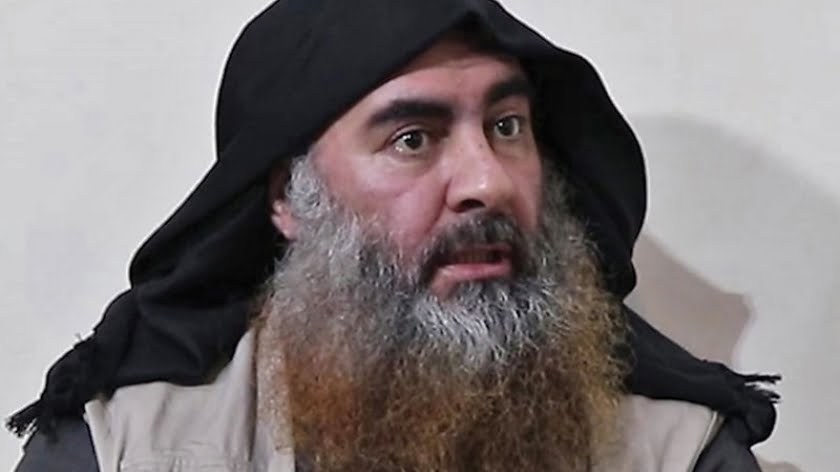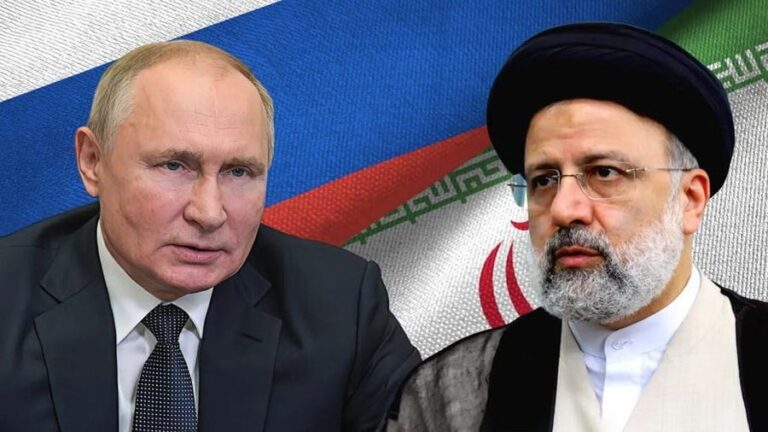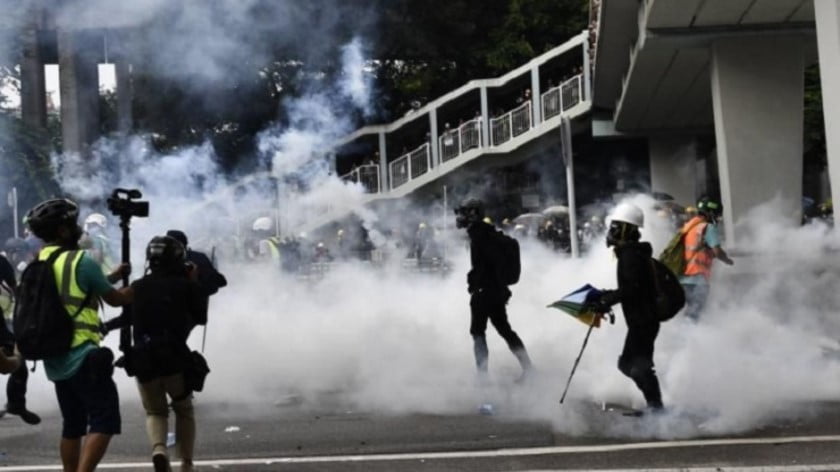British Advice Given to Afghanistan Could Soon Come In Handy for Brits
In recent years, Great Britain has increasingly become known not as the heir to the fighting traditions of the former British Empire but as a country of “advice.” And what, indeed, does it do facing the shameful failure of policy in Afghanistan, for example? However, Great Britain did not fail to “give advice” Afghans, indecently fleeing from that country and leaving behind local citizens who served her faithfully.
This “advice”, as reported by The Times, was straightforward with Ben Wallace, Secretary of State for Defence of the United Kingdom: flee from the Taliban (a movement banned in Russia) anywhere, but better through neighboring Iran and Pakistan, relying only on their forces. Since Britain won’t help them!
Trying to look a little better against the backdrop of the West’s general failure in Afghanistan, British The Daily Telegraph hastened to write about the evidence of the collapse of the American empire not only in affairs in that country but in the international arena in general. However, the publication, probably for reasons of “modesty”, preferred to keep silent about the collapse of its own empire.
And yet, the collapse of Britain is already evident to all. Having left the European Union, London faces the threat of the country’s collapse: the Scottish authorities don’t want to leave the EU, but the United Kingdom of Great Britain and Northern Ireland. Although London is trying to resist, Glasgow, Scotland’s largest city and the fourth most populous in the UK, is pushing for a new referendum. So in the next year or two, it will become clear whether Britain will remain as a united state or whether the 300-year-old union will end, closing the era of “British greatness”.
It is clear that Prime minister Boris Johnson did not take Britain out of the EU to be present at the collapse of the state, although that is what may happen during his premiership (if he is not impeached sooner). Yes, Johnson wants very much to be like Winston Churchill, but the latter has to be present and forced to participate in the collapse of the British Empire. And it did so when the kingdom simultaneously won and lost the war: winning against Germany, but at the cost of becoming dependent on its former child, the United States. And then there was no strength to hold the empire any longer. Most of it had to be dissolved in favor of the US and its global project.
So it is today: won’t the payback for freedom from Europe and Brexit be the collapse of the 300-year-old United Kingdom, i.e. the departure of Scotland? But, left without Scotland and separated from the EU, the kingdom would inevitably lose Northern Ireland as well, remaining England and Wales.
Scotland accounts for about a third of the whole of the United Kingdom, and its population is only about 8% of the total United Kingdom. Scotland’s share of GDP is slightly higher but still falls short of even 10%. Nevertheless, Scotland’s departure would be terrible and far from just a symbolic blow to the United Kingdom. Even if Queen Elizabeth II were to remain head of an independent Scotland, along the lines of Canada or Australia, she would frankly not be envied, as the separation of the northern part of the island would still draw a final line under the era of the United Kingdom of Great Britain and Northern Ireland.
According to the Daily Express, Scotland’s First Minister Nicola Sturgeon will ramp up work with the Scottish independence referendum within the next 12 months. Moreover, she plans to take this step “despite” the head of the British government, Boris Johnson. A Scottish National Party (SNP) representative, Michael Russell, has already dealt with all matters relating to the re-run vote. The SNP-led Scottish Government published an independence referendum Bill in March to give people in Scotland the “right to decide their future once the current health crisis is over.” However, Prime Minister Boris Johnson said a second referendum on independence is at the bottom of Boris Johnson’s agenda.
Officially not yet acknowledging, but nevertheless internally anticipating the reality of Edinburgh declaring independence from the United Kingdom soon, the UK Ministry of Defence has already developed a plan for the possible relocation of nuclear submarines from Scotland. Overall, according to The Daily Telegraph, the defence establishment is considering three options for this case. The first involves relocating submarines to another location within the British borders, with Devonport Naval Base near Plymouth and HM Naval Base Clyde at Faslane, Scotland, being among the most likely locations. Such a move could cost £3 billion to £4 billion.
The second option involves sending the submarines to bases in the United States or France (e.g., the French base at Île Longue). Such a solution, the sources said, would be the least costly to the treasury, but it could harm the kingdom’s defence sovereignty.
The third option for London is to negotiate with Edinburgh for a long-term lease of the bases in Faslane and Culport, Scotland. Great Britain would then enter into negotiations with Scotland to give the bases the status of British Overseas Territories. According to some government officials, such an option would be the most realistic, the newspaper said. However, the Scottish National Party (SNP) is determined to rid Scotland of nuclear weapons in the event of independence. There is no alternative location in the UK where the Trident fleet could easily be deployed.
Remarkably, like recent events in Afghanistan, all of this is happening against the backdrop of unthinkable chaos in Britain due to Prime Minister Johnson’s tenure. It is about this chaos that experts in The Economist’s July issue share their impressions, dissecting the details of Boris Johnson’s two-year leadership of the country.
So, the “advice” from the kingdom’s defence minister, Beni Wallace, published by The Times to “save yourselves as best you can”, proves very timely for the Brits today. As, by the way, is the tried-and-true variant by the elite British SAS commandos who escaped from Afghanistan by wearing burqas and pretending to be women, leaving behind most of their equipment, as reported by Express.







